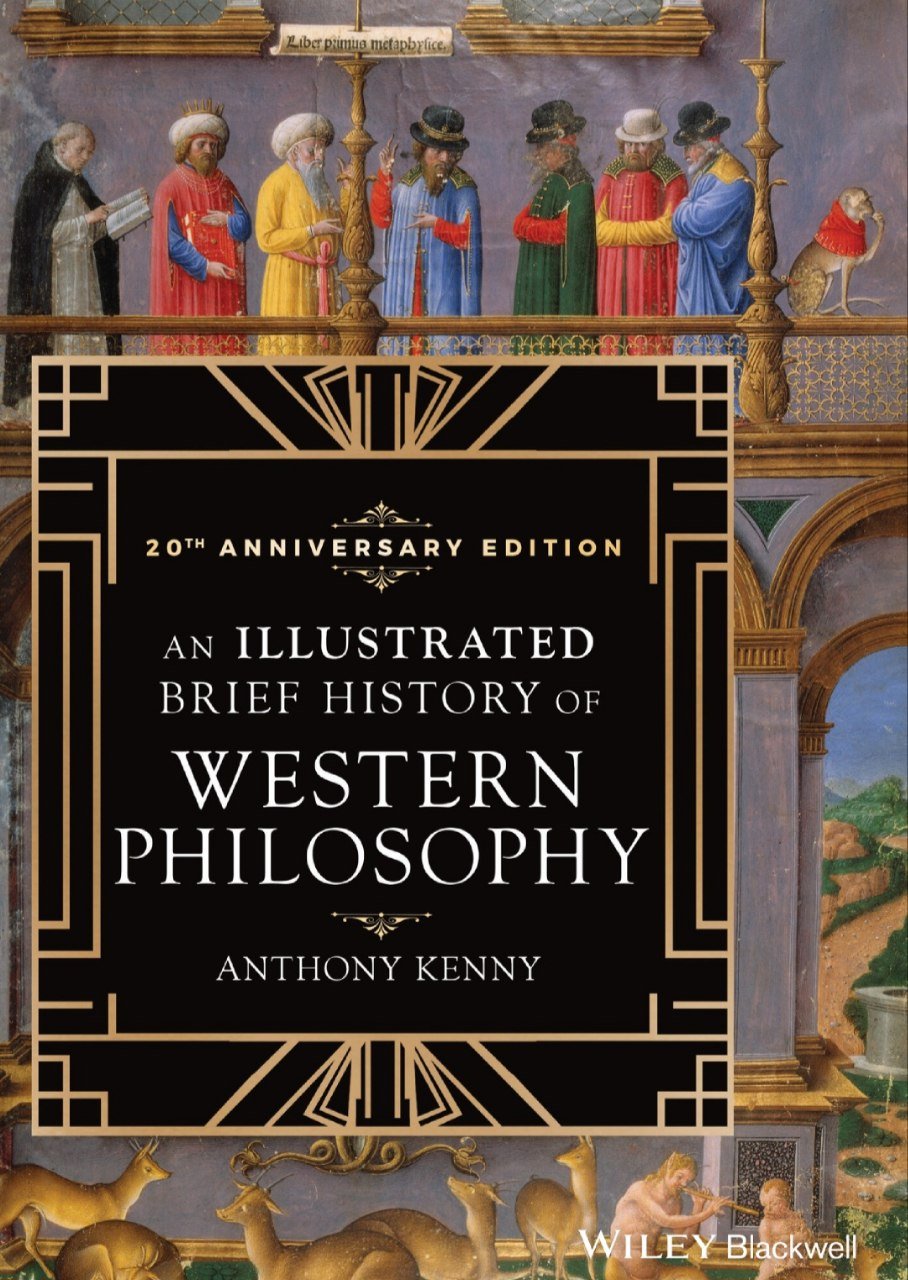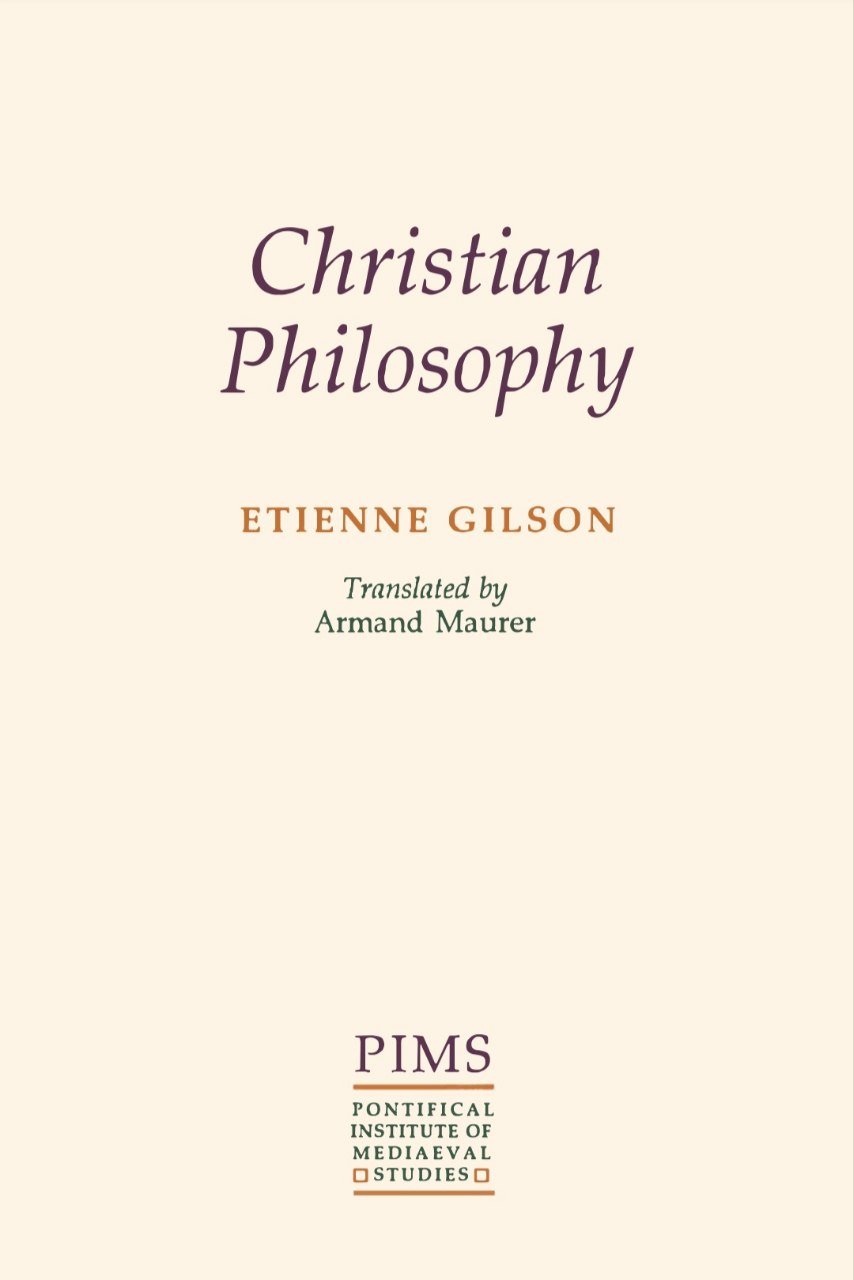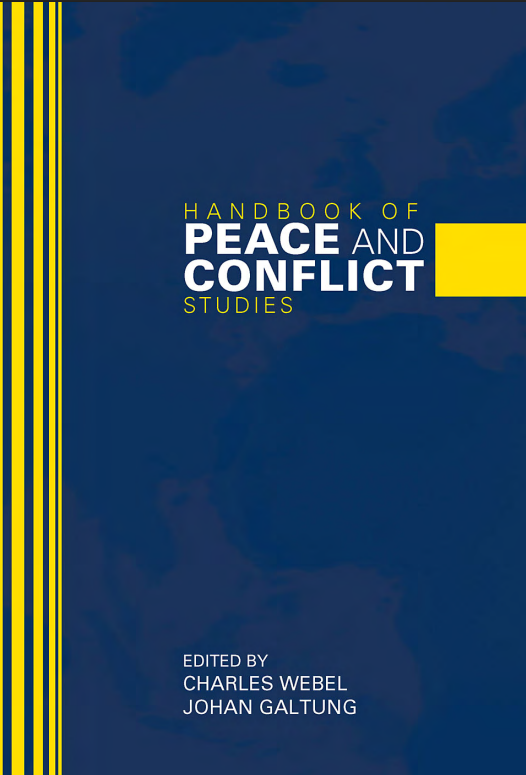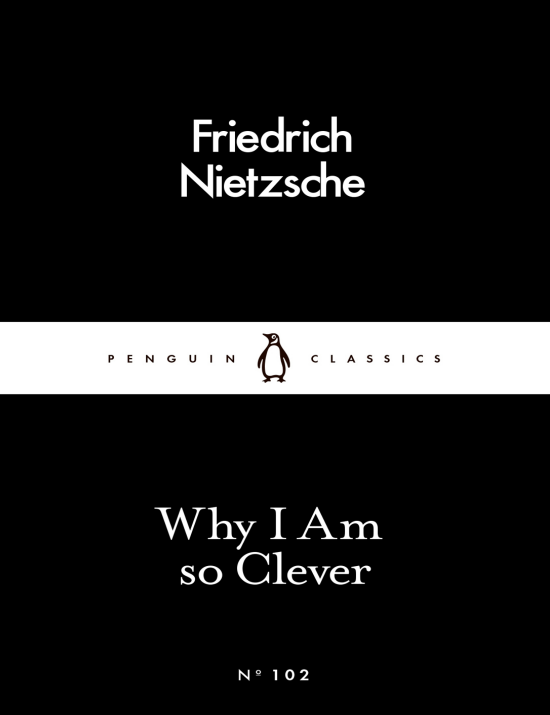

Critical Theory: Selected Essays by Max Horkheimer
Reviews
No review yet. Be the first to review this book!
Description
Critical Theory: Selected Essays by Max Horkheimer Critical Theory: Selected Essays brings together a collection of essays by Max Horkheimer, one of the central figures in the Frankfurt School of critical theory. This volume showcases Horkheimer’s intellectual development and his critique of modern society, touching on a wide array of topics ranging from philosophy, sociology, and economics to the role of art and culture in shaping human consciousness. In the collection, Horkheimer explores the development of critical theory, a philosophical tradition that seeks to understand and critique the structures of power, culture, and ideology that shape society. Rooted in Marxist thought, Horkheimer’s critical theory was a response to the failures of both capitalism and the traditional leftist movements that emerged in the wake of industrialization. His work consistently aimed to investigate how society’s underlying economic, political, and social structures impact individual and collective experience, and how such systems could be transformed to achieve a more just and emancipated world. One of the key themes in this collection is Horkheimer’s critique of the Enlightenment. While the Enlightenment was a period that celebrated reason, autonomy, and progress, Horkheimer argues that it also led to the domination of human beings by abstract, impersonal forces. In his famous essay "The Eclipse of Reason," Horkheimer contends that modern society, driven by instrumental reason (the type of reason that seeks efficient means to achieve predetermined ends), has replaced true, reflective reason. This shift has resulted in a situation where human beings are no longer the masters of their own destiny but are instead subjected to systems of control and manipulation. Horkheimer’s critique of reason is not a rejection of rationality per se but a call to restore a form of reason that is critical, reflective, and oriented towards human emancipation. Horkheimer’s essays also tackle the development of mass culture and its role in reinforcing capitalist ideologies. He argues that culture, particularly popular culture, has become commodified and serves the interests of capitalist production. In this way, culture becomes a tool for maintaining social order and preventing revolutionary change. His critical analysis of culture and the mass media explores how entertainment, advertising, and art are used to manipulate the masses, keeping them passive and compliant. The collection also addresses the concept of authority and its role in shaping modern societies. Horkheimer, along with his colleague Theodor Adorno, developed the concept of the “authoritarian personality,” which refers to individuals who accept hierarchical, authoritarian structures within society. In these essays, Horkheimer emphasizes how social institutions, particularly the family, education, and the state, help reproduce patterns of authority and submission, perpetuating societal inequalities. In addition to his sociological and philosophical work, Horkheimer’s essays also delve into the relationship between theory and practice. He was deeply concerned with the application of critical theory to social change and revolution. Unlike traditional philosophy, which often remained abstract and disconnected from the real world, Horkheimer’s critical theory was committed to addressing practical issues in society and engaging with the problems of everyday life. His work in this volume provides an intellectual foundation for understanding how theory can contribute to the struggle for social justice and human liberation. The essays in this volume reflect Horkheimer’s commitment to a Marxist vision of human liberation but also his recognition of the complexities of modern society. He grapples with the contradictions of capitalism, democracy, and the role of culture in shaping consciousness. His work is marked by a skepticism towards traditional social theory and a desire to develop a more radical, critical perspective that could address the challenges of modern life. Critical Theory: Selected Essays is an essential text for anyone interested in the Frankfurt School, critical theory, or the intersections of philosophy, sociology, and political thought. Horkheimer’s clear and incisive essays provide a deep understanding of the structures that shape modern society and offer a powerful critique of the forces of domination and control that hinder human freedom and progress. This collection remains a vital resource for those looking to engage with the most important social and philosophical questions of the 20th century.


































.jpeg)






.jpg)


.jpg)







.jpeg)

.png)
.jpg)


.jpeg)




.jpeg)
.jpeg)



.jpg)
.jpg)



.jpg)

.jpg)








.jpg)






















































